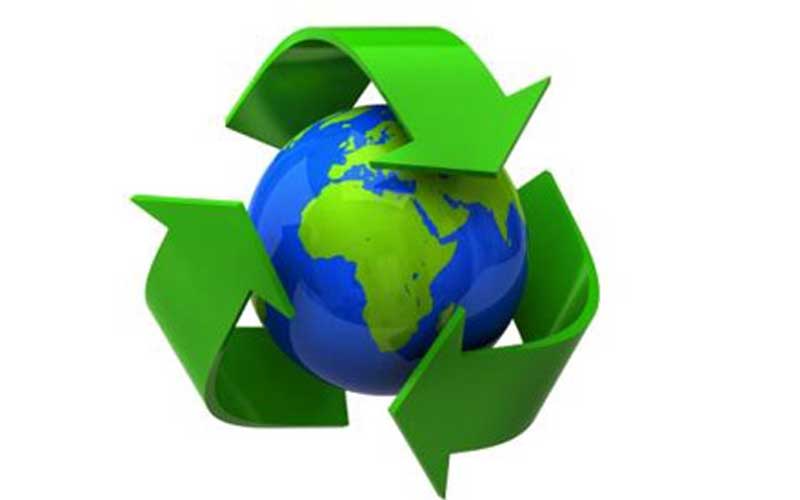×
The Standard e-Paper
Smart Minds Choose Us

Does the future of plastics lie in its reinvention as bioplastics? Or are we on the brink of recycling revolution? Plastic recycling is evolving, the next step will be more like reincarnation. A new report finds that 60 companies globally are making major strides in plastic recycling innovations, which could make it easier to recycle a wider range of disposable plastics.